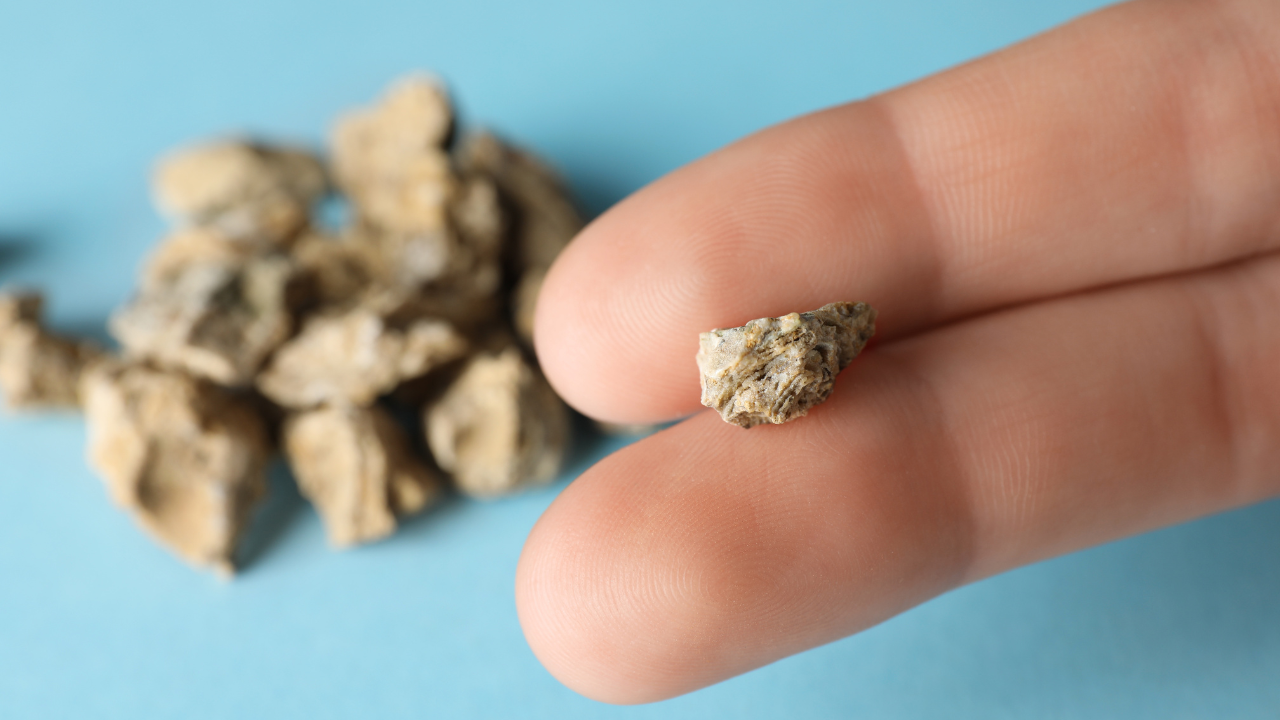
According to Guinness World Records, a man in Sri Lanka broke two world records when he underwent a huge kidney stone removal.
Canistus Coonghe, a retired soldier in his sixties, not only possessed the biggest kidney stone, but also the heaviest one. On June 1, a group of urologists removed it.
The largest kidney stone ever recorded weighs 1.76 pounds, or nearly the equivalent of five baseballs. The kidney stone, according to Guinness, is bigger than Coonghe's genuine kidney, according to their website. The stone's length was allegedly 5.26 inches by 4.15 inches.
Before this Guinness World Record was in the name of Wazir Muhammad in Pakistan with a kidney stone weighing 1.36 pounds, set in 2008. An Indian man named Vilas Ghuge also created a record with a 5.11-inch kidney stone taken out post surgery in 2004.
What are kidney stones?
Kidney stones are painful hard deposits that collect in concentrated urine. When the salt is at a very high concentration or the solvent is less, salt crystals, which are what these stones are, develop. Due to lifestyle, genetics, and climatic factors, the risk of kidney stones is extremely high in a country like India. The four most typical stones are struvite (infection stone), CA oxalate, CA phosphate, and uric acid.
Factors that cause kidney stones
In terms of lifestyle habits, even those who are frequently exposed to harsh environments have a tendency to drink less water. In addition, kidney stones might also have other reasons. Uric acid and calcium-containing stones are at risk from consuming too much animal protein. Patients who have certain gastrointestinal diseases and high salt intake are also at risk of acquiring oxalate. In addition, persistent UTI issues brought on by specific bacteria may result in infection stones.
Prevention of kidney stones
Citrus fruit consumption is advantageous for those who eat calcium-containing salts because it raises the level of citrate in the urine, which prevents the formation of stones. Stone formation can be lowered by consuming less animal protein. The likelihood of getting uric acid stones is decreased by continuing to remain physically active and reducing weight (in obese people). Dietary practices and levels of physical exercise are crucial in lowering these risk variables. The urine can be kept diluted by consuming about 3 liters of water daily.




.jpg?w=600)


